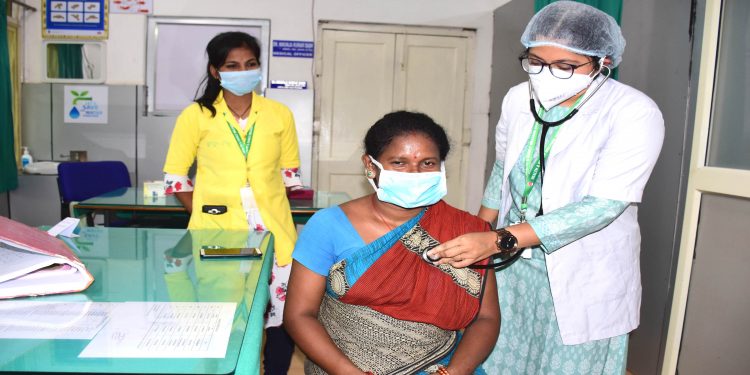Bhubaneswar: There is a popular saying in India that doctors are second to god on this earth. During the last two Covid 19-affected years, this adage has come true as doctors had put their lives at risk to serve patients and saved them.
Apart from treating patients, the doctors carried out a lot of frontline tasks such as Covid testing and vaccination of people.
As per an official report by the Indian Medical Association (IMA), 798 doctors have died during the second wave of Covid-19 across country.
Doctors form an essential part of an effective response to the Covid-19 pandemic.
They have a duty to participate in pandemic response due to their special skills, but these skills vary between different doctors, and their duties are constrained by other competing rights.
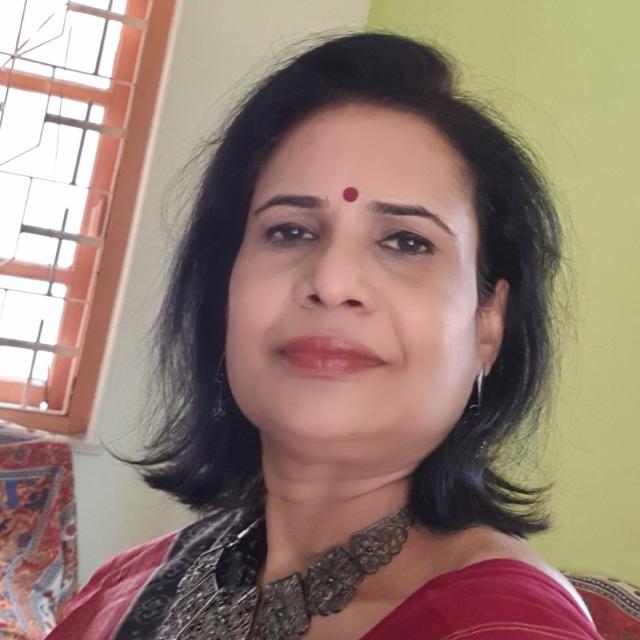
Dr Veena Panda, a gynecologist, said during Covid-19 times the challenges are to remain safe and follow the norms and guidelines and to not avoid any patient.
We have to be extra cautious by wearing double medical masks and other essential protective gear.
She said that during this time the system of tele-medicines has increased. But as a gynecologist my job demands handling pregnant women personally. Our job teaches us to serve the patients without bias.
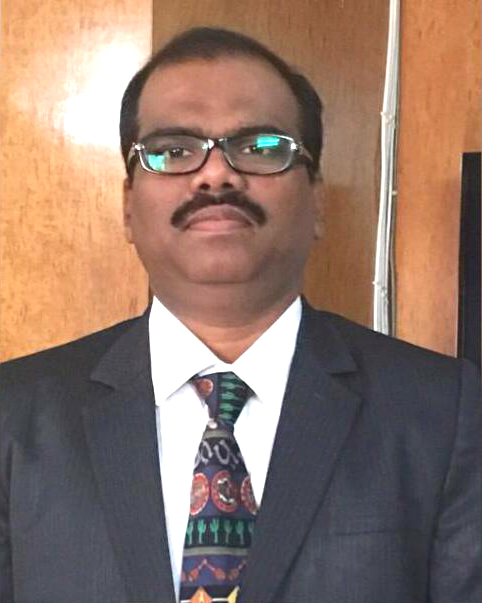
Dr Bishwajit Mishra, a paediatrician of Jagannath Hospital, said Covid-19 has increased the workload and the consequent stress factor. He said the main challenges were to put the family in safety because as doctors we are in front exposing ourselves to the virus daily.
He said that the government should try to increase vaccination as the vaccination rate in the state and country is very low. We must increase that.
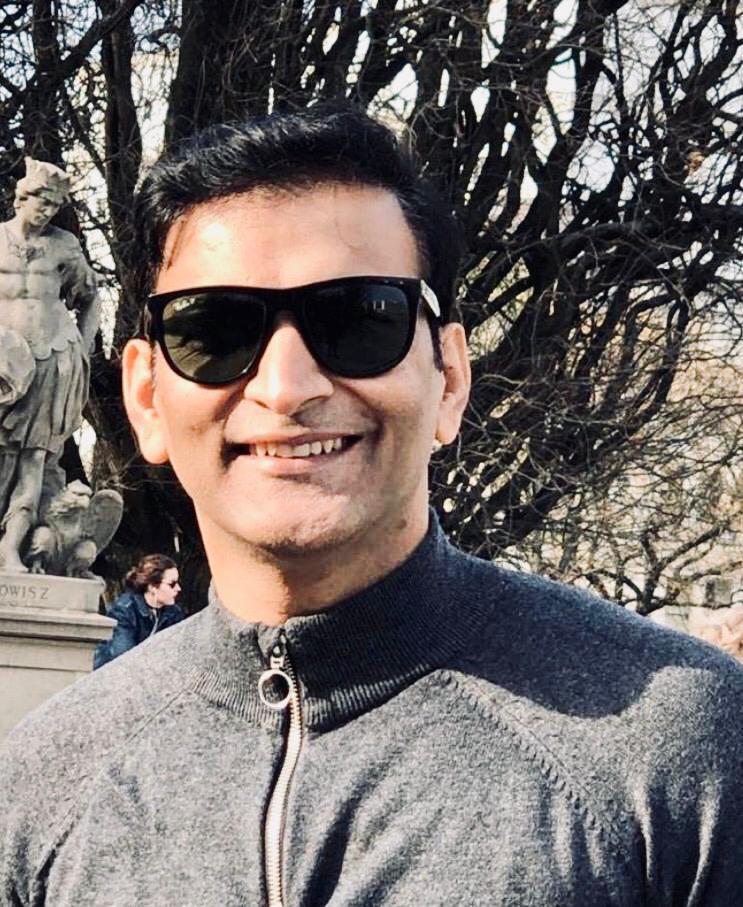
Dr Amrit Pattojoshi, a psychiatrist at Hi Tech Medical College and Hospital, said everyone is stretched and more so the doctor community during this Covid times – financially, physically and mentally.
Many are swamped with lots of patients while most have very few patients. Burnout is prominent and lots of doctors having PTSD, anxiety, depression and sleep issues are coming up for consultations.
The number of deaths and sufferings all around as well as the fact of having to face death of colleagues and family members has been too overwhelming.
Add to it the Google experts, WhatsApp taught patients and the misinformation campaigns running against doctors. They have played a huge role in building stress during this trying time.

Dr Subasish Behera, a dentist, said the potential transmission of the virus through dental procedures and in dental settings has attracted much attention leading to either mandatory or voluntary suspension of routine dental care.
The concern about dental practice spreading coronavirus transmission has been widely recognised around the world. Dentistry was the most at-risk profession for Covid-19 compared to other occupations.
Based on the nature of the dental procedures and the proximity of the dental team with patients, the disease could readily spread from infected patients to the dental team, and vice versa, and subsequently to other patients, if appropriate protective infection control measurements are not undertaken.
It’s mandatory to strike a balance between the safeties of the healthcare professionals yet providing optimum dental care to the patients requiring emergency intervention.
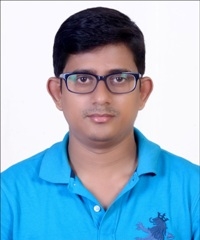
Dr Braja Kishore Behera, a paediatrician of IMS & SUM Hospital, said due to a sudden surge of patients during the pandemic, within the previously structured healthcare system, it becomes difficult to discharge regular services for eight to 10 hours every day at a stretch.
With face masks on all the time, it becomes a cumbersome task to tackle the hurdle. At one end we have to treat the patients and save their lives, while at the same time we are exposing our families and kids to a deadly virus.
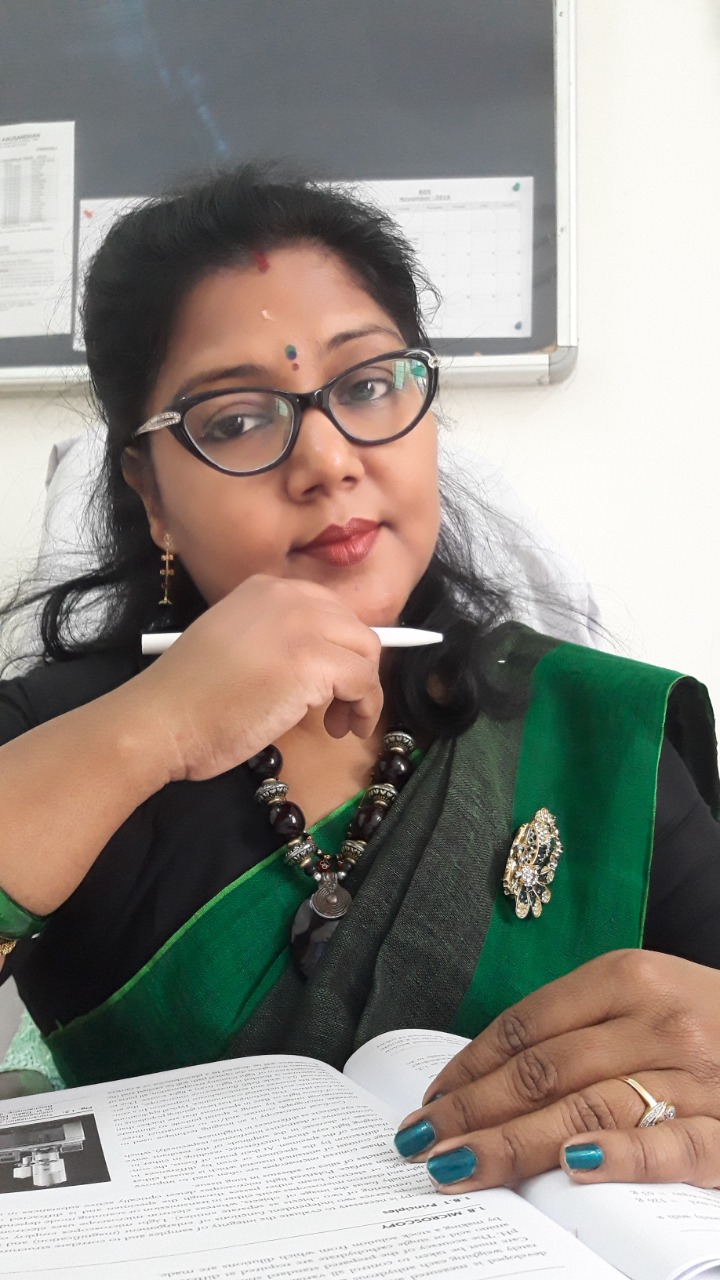
Dr Viyatprajna Acharya, Department of Biochemistry, KIMS & PBH, Bhubaneswar, said the pandemic has been affecting us equally from different directions.
I as a diagnostician, face the threat of being exposed to infected samples being run in our lab. The hope and despair is reflected on our computer screen in the form of lab reports.
From laboratory end, we are the first ones to get first hand information about the intensity of the infection and how people are being affected.
This disease has shown varied responses in different people, affecting all age groups. Apart from being a doctor, I am also a mother of two daughters.
Striking a balance between work, managing home and grooming kids has posed a new challenge to us. They also sometimes apprehend about us getting infected from work source but then they understand that this war has to be fought by the white coat army.
PNN

